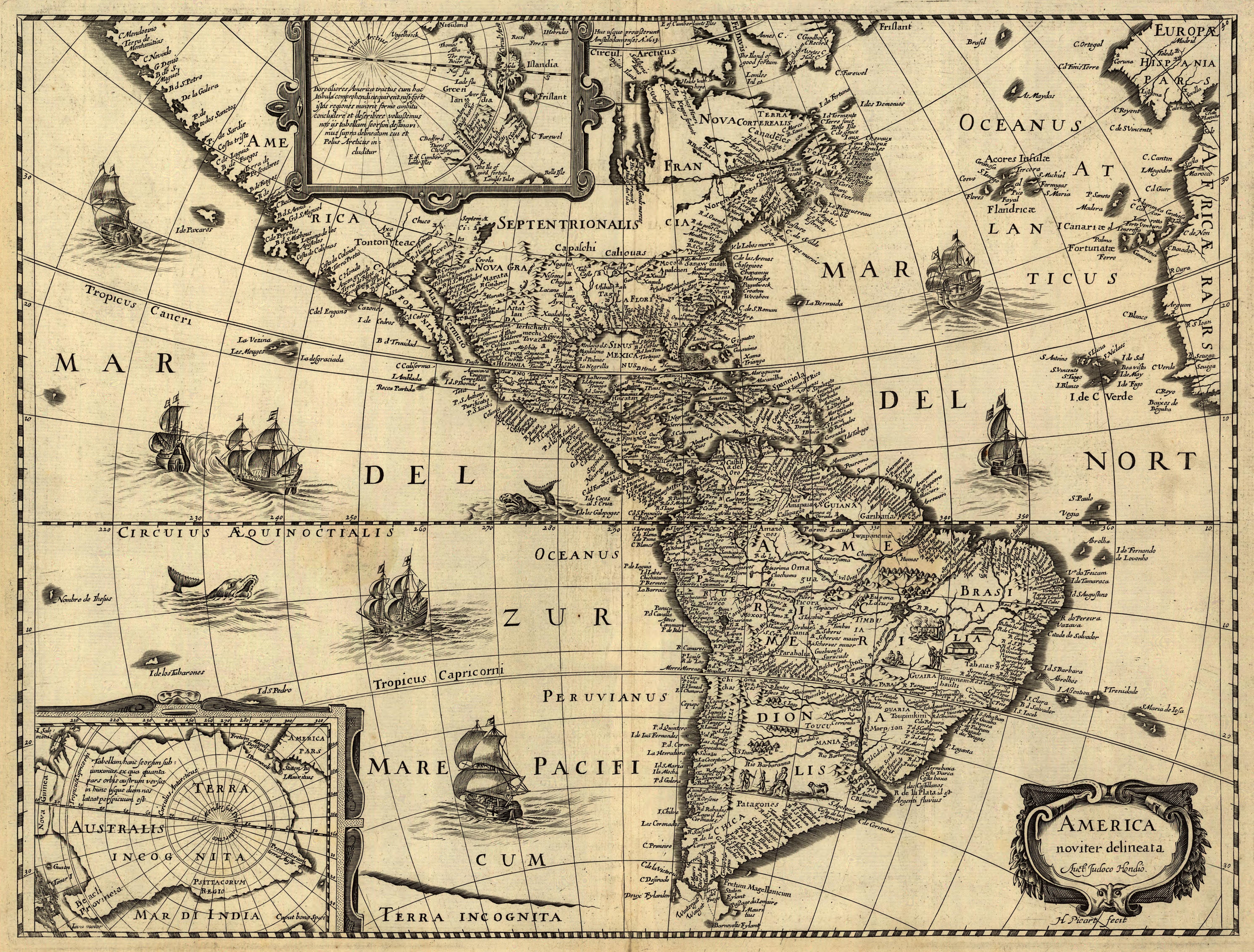
History of Latin America
The term Latin America primarily refers to the Spanish- and Portuguese-speaking countries in the New World.
Before the arrival of Europeans in the late 15th and early 16th centuries, the region was home to many indigenous peoples, a number of which had advanced civilizations, most notably from South: the Olmec, Maya, Muisca and Inca.
The region came under control of the kingdoms of Spain and Portugal, which imposed both Roman Catholicism and their respective languages. Both the Spanish and the Portuguese brought African slaves to their colonies as laborers.
In the early nineteenth century nearly all of areas of Spanish America attained independence by armed struggle, with the exceptions of Cuba and Puerto Rico. Brazil, which had become a monarchy separate from Portugal, became a republic in the late nineteenth century. Political independence from European monarchies did not result in the abolition of black slavery in the new sovereign nations. Political independence resulted in political and economic instability in Spanish America immediately after independence. Great Britain and the United States exercised significant influence in the post-independence era, resulting in a form of neo-colonialism, whereby a country's political sovereignty remained in place, but foreign powers exercised considerable power in the economic sphere.